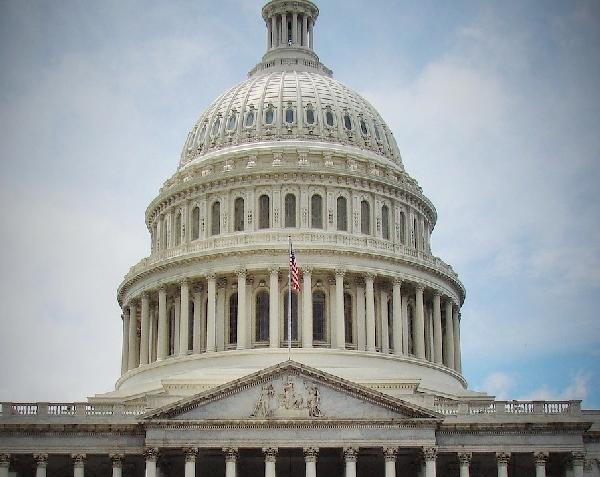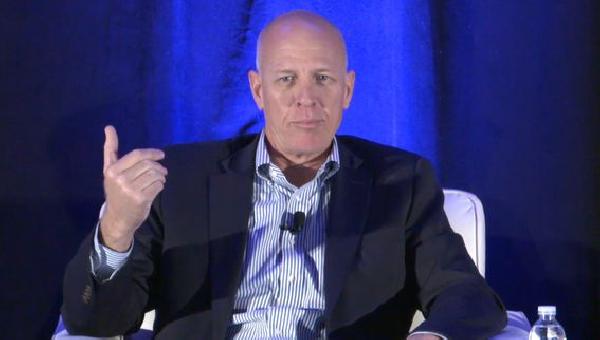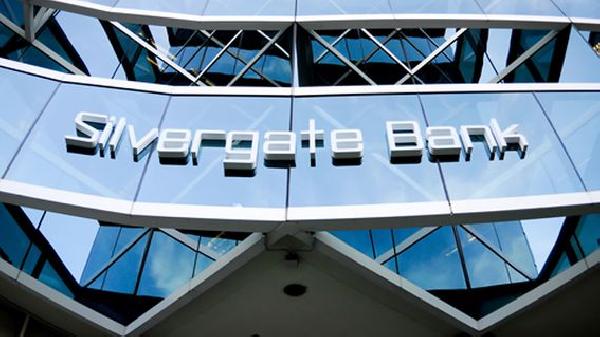
‘Large Amounts of Money’ Flowed in Binance Related Accounts: SEC Accountant Says

‘Large Amounts of Money’ Flowed in Binance Related Accounts: SEC Accountant Says

Former Signature Bank Chairman Said the Bank Cut Back on Digital Asset Deposits in Wake of Volatility

Job Cuts at Silvergate as Crypto-Friendly Bank Winds Down After FTX Collapse


Self-custody, transparency and immediate settlement are just a few ways that crypto could prevent loss of funds.

Conflicting data creates the question of how the Fed will react to both rising inflation and failing banks - and whether bitcoin will be a lifeboat.

Just what exactly forced the shutdowns?

As Silvergate, Signature and Silicon Valley banks imploded, crypto customers grabbed assets and ran, but those hoping to land at major U.S. banks have been mostly disappointed.

Policymakers seem to be doing their best to suffocate dollar on-ramps into crypto, leaving the door open for other mature markets to gain a competitive edge, Kaiko research analyst Conor Ryder writes.

The recent collapse of three high-profile banks - Silicon Valley Bank, Silvergate Bank and Signature Bank - has caused worrying outflows at hundreds of regional banks. Now, with the U.S. Federal Reserve creating a new backstop facility reportedly worth $2 trillion and Switzerland’s central bank bailing out Credit Suisse to the tune of $54 billion, the echoes of crises in 2008 and 2013 are loud.

The narratives around bank failures, stablecoins and interest rate hikes seem strong enough to propel the price of bitcoin, says CoinDesk‘s George Kaloudis.

Efforts to keep crypto companies from the U.S. banking system may have been taking place even before the recent bank collapses, Jason Brett told CoinDesk TV‘s "First Mover."

Silvergate Bank disclosed in a securities filing on March 1 that it had to accelerate the sale of securities to be able to repay advances from the FHLB San Francisco.

It’s time to bring the lessons of TradFi to crypto’s shadow banks, unregulated custodians and offshore exchanges before another FTX or Silvergate failure.

The downfall of Silvergate, Signature and Silicon Valley banks have wounded digital assets. But crypto might one day work with big banks if the industry can mature, WAX CEO William Quigley and Maicon CEO Alex Liu suggested.

The U.S. government is in the business of bailing out banks. But some people prefer to keep cash under the mattress.

The real-time payments platform, popular with crypto businesses, will continue to be offered under the newly established Signature Bridge Bank entity, a source told CoinDesk.

Amid a U.S. banking crisis, value is flowing into bitcoin. Is this the beginning of the “Great Reset?” investor and author Tatiana Koffman asks.

From alternative banks to on-chain banking, crypto banking still has plenty of options, experts say.

Silvergate Bank announced a voluntary liquidation last week and Signature Bank was taken over by regulators on Sunday.

Marathon terminated a credit facility with Silvergate last week.

OkCoin CEO Hong Fang tweeted that customer deposits are safe and USD withdrawals are not affected.

A deep-dive into regulatory filings shows how Silvergate Bank‘s collapse was, in a strange way, the ideal scenario for a failing institution. Sure, shareholders got wiped out, but depositors are made whole and the Federal Deposit Insurance Corp. isn‘t putting in a dime.

Circle’s USDC, the second largest stablecoin with $43 billion market capitalization, held an undisclosed part of its $9.8 billion cash reserves at failed Silicon Valley Bank.